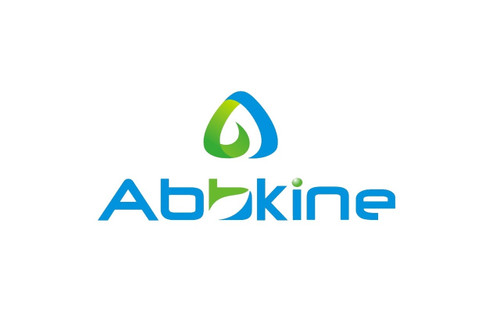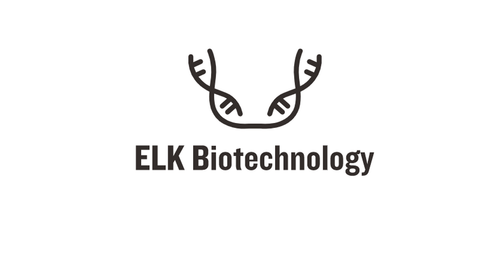Product Description
Human Adropin (AD) ELISA Kit | AE23752HU | Abebio
Species Reactivity: Human (Homo sapiens)
Abbreviation: AD
Alternative Name: N/A
Application: ELISA
Range: 31.25-2000 pg/mL
Sensitivity: 13.7 pg/mL
Intra-Assay: ≤7.9%
Inter-Assay: ≤11.0%
Recovery: 1
Sample Type: Serum, Plasma, Other biological fluids
Detection Method: Sandwich
Analysis Method : Quantitive
Test Principale: This assay employs a two-site sandwich ELISA to quantitate AD in samples. An antibody specific for AD has been pre-coated onto a microplate. Standards and samples are pipetted into the wells and anyAD present is bound by the immobilized antibody. After removing any unbound substances, a biotin-conjugated antibody specific for AD is added to the wells. After washing, Streptavidin conjugated Horseradish Peroxidase (HRP) is added to the wells. Following a wash to remove any unbound avidin-enzyme reagent, a substrate solution is added to the wells and color develops in proportion to the amount of AD bound in the initial step. The color development is stopped and the intensity of the color is measured.
Product Overview: Adropin, a recently described endogenous neuroendocrine peptide, has been suggested to play a critical role in modulating normal physiological processes and maintaining metabolic homeostasis. Adropin (10 ng/mL) caused a marked 10-fold increase in endothelial cell migration and proliferation and significantly increased capillary-like endothelial cell sprouting and tube formation (p<0.001) . In mice, the liver produces a protein called adropin, which rises in response to high-fat foods and falls after fasting. The protein seems to play a role in governing the activity of other metabolic genes, particularly those involved in the production of lipids from carbohydrates. Studies of the protein in obese animals suggest that it also plays a role in insulin response and in preventing the buildup of fat in the liver.
Stability: The stability of ELISA kit is determined by the loss rate of activity. The loss rate of this kit is less than 5% within the expiration date under appropriate storage condition. The loss rate was determined by accelerated thermal degradation test. Keep the kit at 37°C for 4 and 7 days, and compare O.D.values of the kit kept at 37°C with that of at recommended temperature. (referring from China Biological Products Standard, which was calculated by the Arrhenius equation. For ELISA kit, 4 days storage at 37°C can be considered as 6 months at 2 - 8°C, which means 7 days at 37°C equaling 12 months at 2 - 8°C) .
 Euro
Euro
 USD
USD
 British Pound
British Pound
 NULL
NULL








